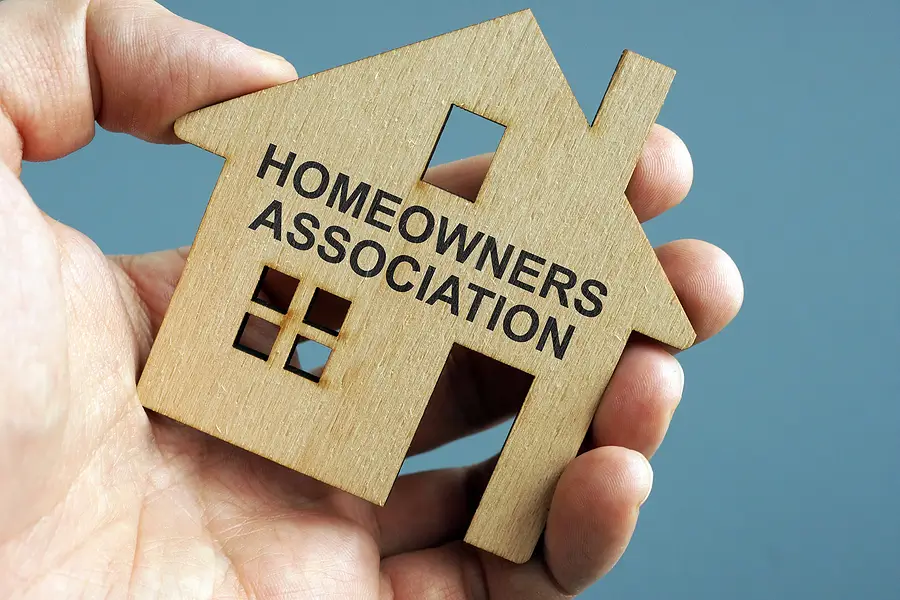Setting appropriate HOA fees in Richmond ensures the financial health of your homeowners association while maintaining property values and resident satisfaction.
Whether you’re an HOA board member or a resident, understanding how to structure dues fairly and transparently is crucial.
This article outlines key steps, focusing on legal compliance, financial planning, and homeowner engagement.
Understanding HOA Laws
Richmond HOAs operate under laws like the Virginia Condominium Act, the Property Owners Association Act, and the Virginia Fair Housing Law. These laws:
Virginia Condominium Act: Outlines HOA boards’ financial duties, including dues management.
Property Owners Association Act: explains both property owners' and the association's rights and duties and outlines procedures for association boards.
Virginia Fair Housing Law: Ensures HOA policies, including fee structures, are non-discriminatory.
Stay aligned with these regulations to avoid penalties and maintain fair practices within your HOA community.
Governing Documents and HOA Dues
HOA governing documents like CC&Rs, bylaws, and articles of incorporation provide the framework for dues. These documents:
Establish rules for calculating and using HOA fees.
Define an HOA budget approval process and financial responsibilities.
Regularly review your HOA's governing documents to ensure they reflect legal standards and community needs, fostering transparency and protecting the HOA.
Calculating HOA Dues
Effective dues calculations require balancing financial obligations with community goals. Key considerations include:
1. Operational Costs
Account for routine expenses like maintenance, security, and utilities to ensure smooth day-to-day operations. These costs are what HOA fees cover to keep the community functioning efficiently.
2. Reserve Funds
Allocate part of your annual HOA budget into a reserve fund for unexpected expenses or significant repairs, like roofing or pool replacements.
3. Special Assessments
For significant, one-time projects, include potential assessments in your financial planning to avoid sudden financial strain.
4. Community Amenities
Evaluate the maintenance costs of features like pools or gyms. Regular reviews can help decide whether such amenities justify their associated expenses.
5. Inflation
Adjust HOA fees to reflect rising costs. Explore opportunities to negotiate HOA fees by renegotiating contracts or sourcing better rates to reduce financial burdens while ensuring quality service.
Reviewing and Adjusting Dues
Annual reviews align HOA finances with community needs. To adjust dues fairly:
Conduct Financial Reviews: Compare projected versus actual expenses and adjust dues accordingly.
Engage Homeowners: Communicate adjustments for paying HOA dues transparently via meetings or surveys. Building trust and understanding with HOA members goes a long way.
Consider Payment Flexibility: Offer options like payment plans to assist residents who may struggle to pay HOA fees.
Best Practices for HOA Governance
Transparent and accountable management strengthens HOA operations. Key practices include:
Transparency: Share financial updates regularly, making them easily accessible to homeowners.
Budget Planning: Create detailed budgets that account for operational costs and reserve contributions.
Accountability: Hold board members responsible for financial oversight and adherence to legal requirements.
Community Engagement: Foster participation in decision-making to align dues with shared goals.
Set HOA Dues Right—Trust EJF
Setting proper HOA dues in Richmond involves balancing legal compliance, financial strategy, and homeowner input.
By sticking to governing documents, maintaining clear communication, and planning effectively, you can create a fair fee structure that supports both community needs and financial stability.
Thoughtful HOA management promotes trust and helps make your neighborhood a desirable place to live.
For expert assistance in managing your HOA effectively, consider reaching out to EJF Real Estate Services, a leader in association management throughout Washington, D.C., Maryland, and Virginia.
Other Resources:
What Are the Differences Between HOAs, POAs, and COAs?
Leveraging AI for Success: A Guide for Community Association Boards




